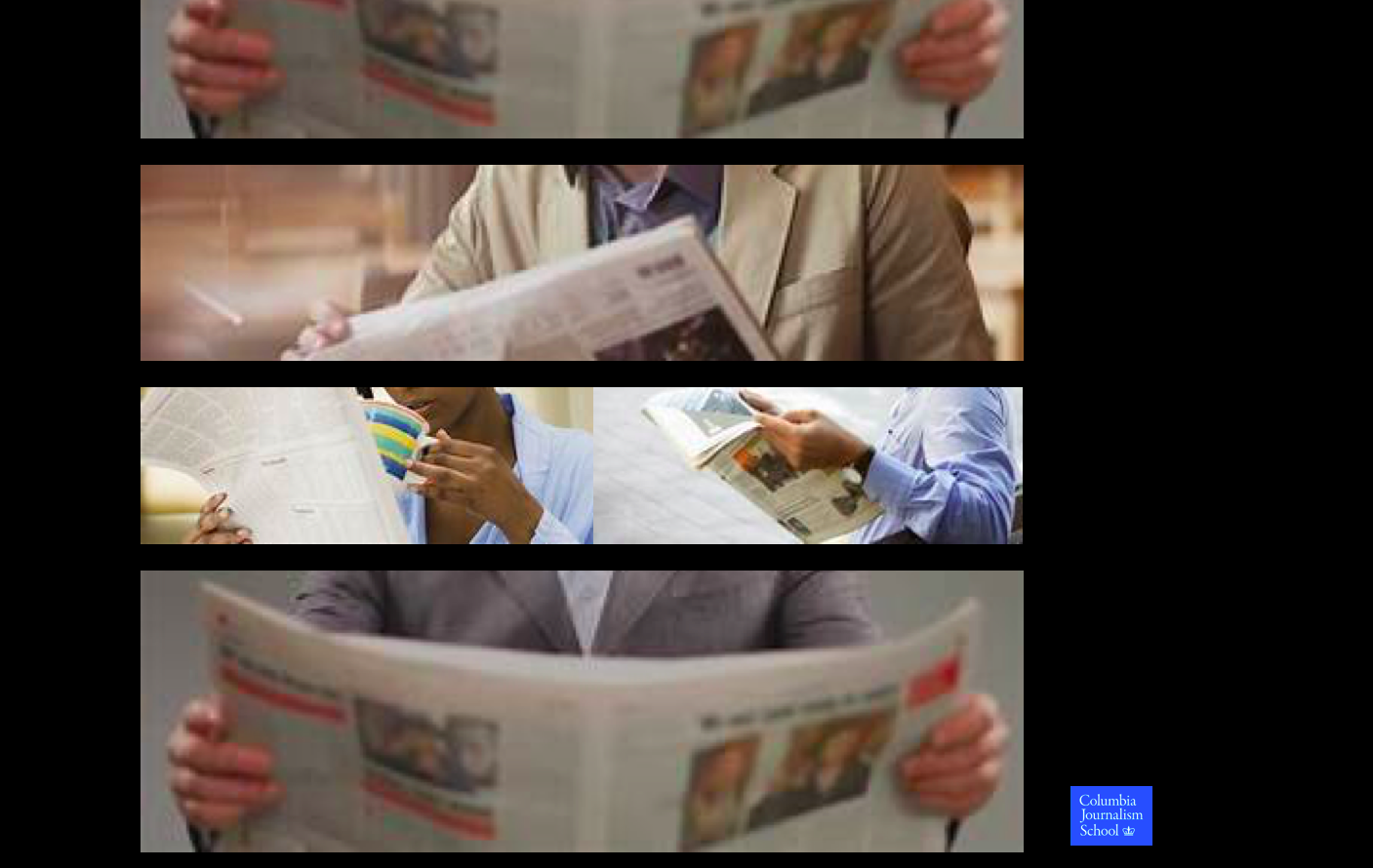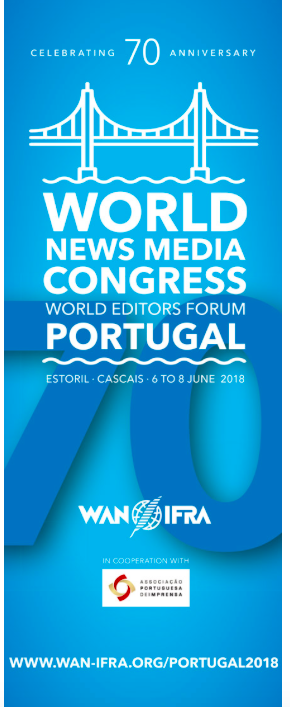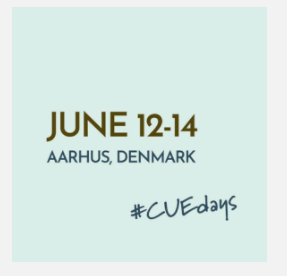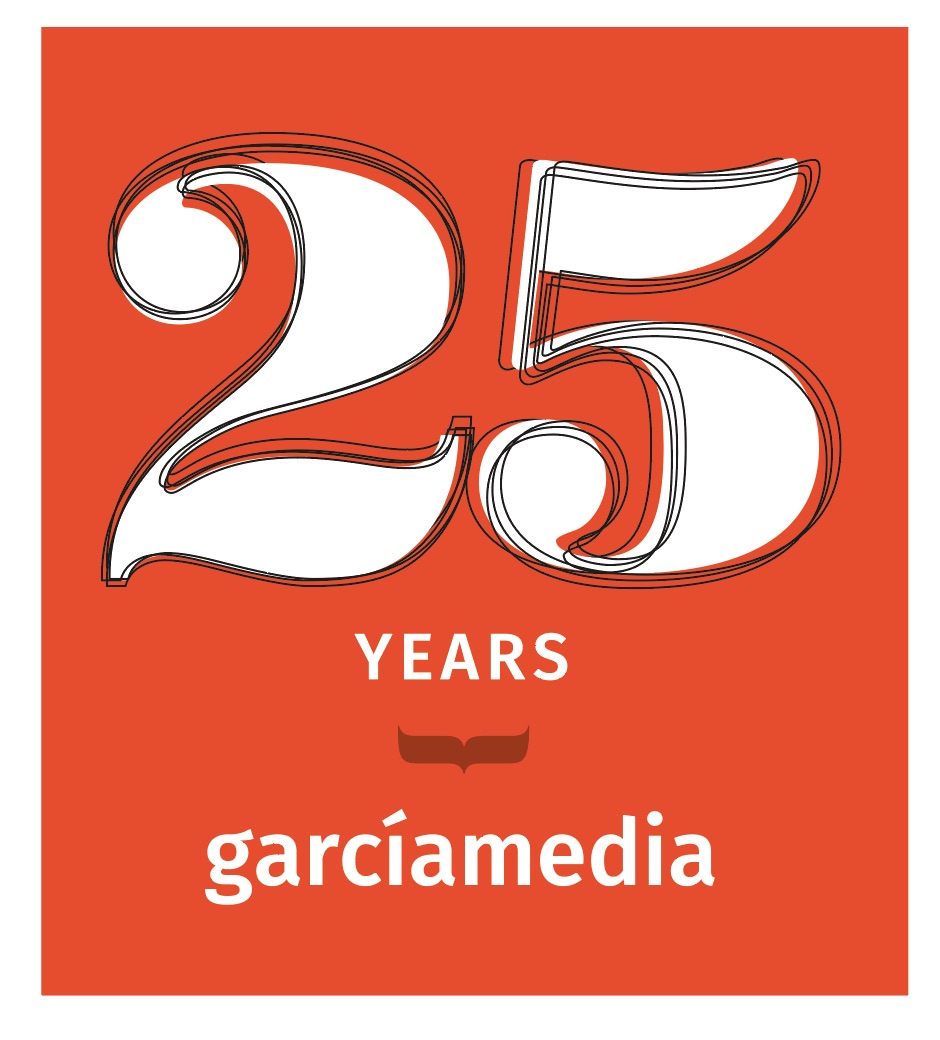 Print is definitely one of the platforms in what I call the “media quintet” (smartwatch, phone, online, tablet and print). My course is titled Multiplatform Design & Storytelling, which means that we deal with writing/editing/designing across the various platforms where we consume news and information today.
Print is definitely one of the platforms in what I call the “media quintet” (smartwatch, phone, online, tablet and print). My course is titled Multiplatform Design & Storytelling, which means that we deal with writing/editing/designing across the various platforms where we consume news and information today.
My students are all aspiring journalists working toward their Master’s degrees in Journalism at the Columbia University Graduate School of Journalism.
They are smart, well informed, avid readers and, this particular semester, among the very best and most enthusiastic students I have ever had.
The assignment this week was:
Write a short essay about your relationship with print. Be honest!
And honest they were. Here are some highlights of what the students have expressed about their consumption of news in print:
“I like to curate my own news.”
My consumption of print has drastically decreased during the last couple of years. Personally, I enjoy more reading digital news and listening to podcasts because I am able to subscribe to the news outlets and podcast of my interest and to curate the news that I would like to consume.
I believe that if newspapers published their print version as a small book, with the pages stapled, it would be better and I would be interested on reading it more often.
Gailie
“Don’t have the time to read in print…”
Since coming to Columbia, my relationship with print has changed drastically. I equate print with time. That is to say, if I am reading something in print form, then it means I have enough time to sit down on the couch and really take in a good story. Print is not something I consume on my commute, drinking my morning coffee, or in between classes at school.
I have found it extremely difficult to sit down and read a print story over the past year- whether it be a newspaper, book, or magazine.
When I do have time for reading print, it is usually in the form of a good book.
Abby
“I love print. Probably more than anyone should at my age.”
In my world, getting informed is not an ends or a product, its an activity. I don’t read just to get educated, but to experience the process of gaining knowledge— for me, this goes beyond the insight you get at the end of reading an article.
On most mornings, during the week, I go to my corner store and purchase a New York Times paper. In fact, that’s my ideal morning. When I don’t get to do this, it means I’m running late. I enjoy the activity of getting a physical copy of a paper— I get a coffee, a croissant, and my paper. It’s kind of this romantic idea that’s always in my head. I think my relationship with print is partly strong because of this image in my mind.Kourosh
“As a writer, I love to see my byline in print.”
As a reader, I love to flip pages of the printed newspapers and once in a while I will read a printed newspaper but it is much easier to access stories online. I’m also increasingly finding
myself listening to audio books as opposed to reading hard copies. For me, it is more about accessibility and convenience than anything else. As a writer, on the other hand, I love to see my bylines on print. Digital platforms make it easier for a reporter to share their published stories
and market themselves but there is something special about printed bylines!Caleb
“I process material better in print.”
I read all my news online now, and more specifically on my computer. I hate reading on my phone, I find it just not agreeable. However, I still find myself unable to read books on my computer or on my phone, or on any digital device, as it hurts my eyes, and I cannot seem to process what is written as well as I could be processing it in print: I do not remember everything as accurately.
Marie
“Print? It’s those course handouts that represent the only print I look at.”
I have to admit that the print that I read nowadays is mostly course handouts. Somehow through the handouts I see the importance and irreplaceability of print because it allows me to take notes and sketch more freely and is easy on the eyes. Handouts in print provide a more comprehensive display of text and help me develop a better sense of logic of the content because I can jump
between pages quickly.Tiana
“I prefer magazines in print.”
Last semester, during reporting, I picked up The New York Times
every Monday. I have not picked it up this semester. I enjoy print a lot, but not so much newspapers I prefer picking up magazines. I feel that nowadays we get our daily news from our phones and don’t pick up a newspaper to find out things like breaking news for example. Magazines are different, it’s more of a leisure experience. You read long feature pieces on your morning commute, you sit with it during your lunchtime, it’s a much more relaxing activity.Natalie
“I buy magazines because they are like a bookmark in history.”
Magazine covers, the letters to the editors, the advertisements, and the articles all they a story of the way we moved during that particular time. I subscribed to magazines as a teenager and was intentional about keeping each magazine (which I still have stashed away at my parents home) because I knew the day would come when magazines were no longer printed in the same fashion. ……I have since stopped subscribing to magazines because the ritual of sitting down and reading 7-8 magazines every month no longer feels feasible……
Jenna
“Print allows me to remember more.”
When I’m making an effort to learn and remember a new idea, I turn to print over any other medium in order to capitalize on its freedom of pace and organization. I need to be able to reread a phrase over and over again, highlight or underline a passage, or even cross-compare two points made in separate paragraphs. Print also allows me to translate written messages into visual images in my head in order to retain them, rather than spending so much mental effort trying to comprehend a fast-moving video, and having to sort through distracting b-roll to understand that message and convert it to print language in my head.
Raishad
“Print is one-dimensional….”
Apart from the nostalgia that we have for paper, I have no respect for it. Unlike the web, it is one-dimensional meaning journalists cannot make the depth of a story available in different layers. In the web, the revolutionary concept of hyperlink makes multilayer storytelling possible. Therefore, print stories are more limited in terms of audience reach; journalists cannot add additional information available and this limitation is what that eventually kills this medium in most spaces.
Ali
“I save print reading for when I am on a long flight….print feels clunky.”
I will be blunt and honest: I have stopped reading print years ago, except on some flights during takeoff and landing. For those flights I just pack whatever magazines I can find around my apartment: usually The Economist, for which my partner happens to have a print subscription (but we have switched to digital only this year).
Digital trumps print in the single aspect that matters to me the most: portability. I have a phone with me all the time; that phone is synced with my iPad; both are synced with my laptop. No print product is as portable as my phone. I can read on my phone while standing in a line, getting squeezed on the subway or having trouble falling asleep in bed (in darkness!), and my progress is synced with my iPad and my laptop, which then enables me to read comfortably on when leaning back on a couch, or taking a break from coding when sitting in front of my desk. Even a tabloid has size and weight; but digital enables me to bring anything I want to read anywhere, without having to carry anything additional to what I need to get things done. I much, much prefer that.
Even if I can bring a print product with me anywhere, print just feels clunky. I can wipe my screen and keyboards, but it’s much harder to fix an oil-stained or torn page. Print requires dedication to read: space in the case of newspapers, clean fingers in the case of books. I have limited time, and I much prefer to my phone screen on my shirt instead.
Harry
“Print…the way nature intended!”
I never read books on a Kindle or
tablet and enjoy the feeling of the book in my hand. Our brains process text differently when we read it on a screen—for it is not natural to read on a screen—and I prefer to have my intimate reading experiences with books be kept traditional and the way nature intended.Brian
“Overall, my experience with print is ever so limited.”
I don’t mean to offend when I say this, but my relationship with print has long deteriorated. I believe we are entering a post-text future. Perhaps not entirely post-text, but more heavily focused on video and visual mediums……Overall, my experience with print is ever so limited.
Amanda
Of related interest
New York Times: print journalism may last another 10 years
https://www.cnbc.com/2018/02/12/print-journalism-may-last-another-10-years-new-york-times-ceo.html
He quit print for two months
End of text era?
http://garciamedia.com/blog/the-post-text-era-really/
Society of News Design New York: Celebrating 40 years

Mario’s Speaking Engagements

April 18-19, 2018-–Newscamp ,Augsburg, Germany.

June 3-6, 2018—The Seminar, San Antonio, Texas.

June 7-8—WAN-IFRA World Congress, Lisbon, Portugal

June 12-14, CUE Days , Aarhus, Denmark
http://www.ccieurope.com/news/6738/Video_What_is_CUE_Days_2018

December 6, El Pais Conference, Montevideo, Uruguay
A series of conferences and seminars for El Pais journalists, invited professionals and communications students: The future of journalism.

Garcia Media: Over 25 years at your service

TheMarioBlog post #2799